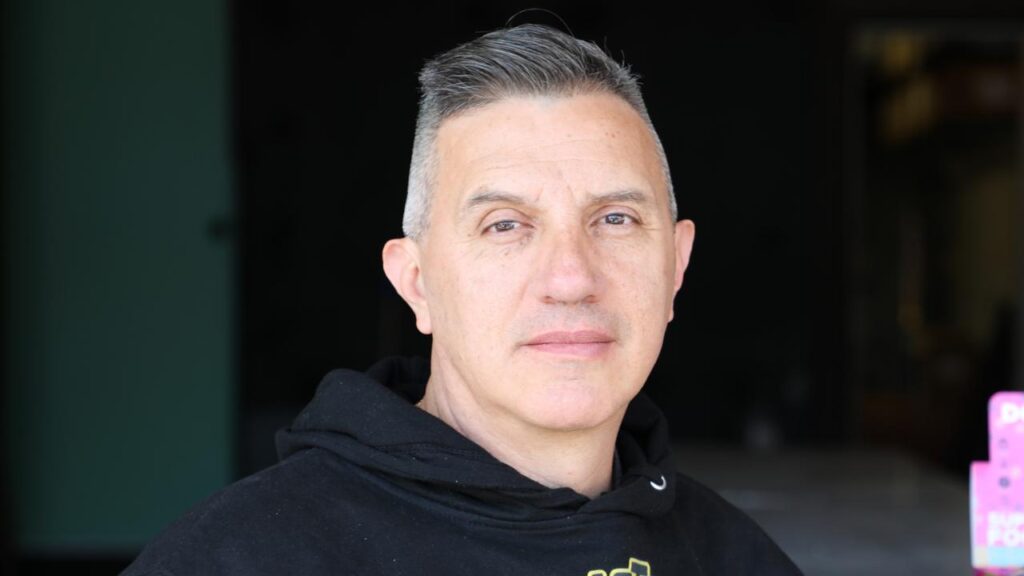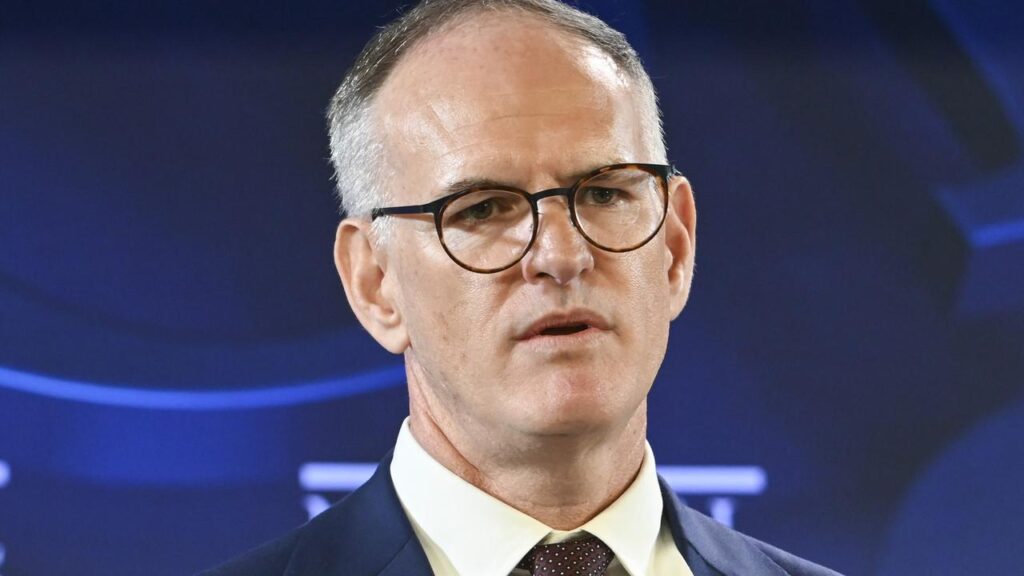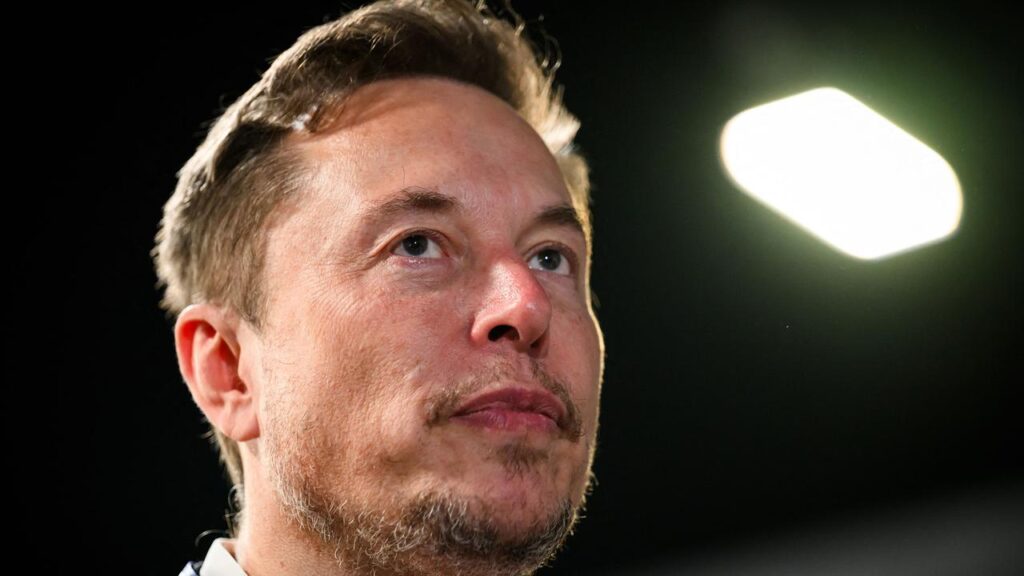‘Block’: Push to ban cowboy social giants
Written by admin on June 5, 2024
News Corp Australia’s executive chairman Michael Miller has used his National Press Club address to call on the government to enact stronger laws to control social media giants, with punishments that would block them from operating in Australia if they don’t comply.
Speaking in Canberra on Wednesday, he said companies like TikTok, X, and Meta, which own Facebook and Instagram, have for too long been allowed to proffer online violence, harassment, bullying on their platforms without consequence.
Instead Mr Miller proposed tech monopolies should be forced into a “Social License,” described as a “package of laws and requirements” which would make them liable for the content that’s “amplified, curated, and controlled by their algorithms”.
“Because on social media, bad behaviour is good for business,” he said in the address.
“The social media giants profit from evil videos, they profit from bullying, they profit from online con artists, they profit from glamorising eating disorders.”
Social media giants would also have to contribute to money spent on “tackling mental health problems,” and create an “effective consumer complaints handling system”, which uses call centres based in Australia, and abide by anti-competition framework set by the Australian Competition & Consumer Commission (ACCC).
Mr Miller also demanded companies to re-honour the Media Bargaining Code.
Earlier this year, Meta sensationally declared it would not renew its agreement, which meant they would no longer compensate news publishers, and would remove the news tab on Facebook.
Companies and executives who flout the laws should also be liable for criminal sanctions, with the government wielding the ultimate power to boot them out of Australia, Mr Miller argued.
“In my view the tech monopolies are also mining companies. They don’t mine our minerals, they mine our lives,” he said.
“Those lives are Australia’s greatest resource, and we have a responsibility to protect ourselves and the way we want to live.”
Mr Miller argued the Australian government was also responsible for limiting the harmful reach of social media giants, and that laws similar to what he proposed existed in other sectors like banking, business, advertising and media.
“On behalf of 27 million Australians, the Australian government has the mandate and ability to re-establish and reassert itself as the representatives and rule makers of Australia – by
resetting the rules for global platforms’ access to Australians,” he said.
“It’s time, for them to play by our rules.”
Should the tech monopolies not sign up, or abide by the Social License, Mr Miller said “it’s not the end of the world,” if they walked away.
“We all know innovation occurs in the digital space,” he said.
“And the tech monopolies know how quickly the void would be filled.”
Communications Minister Michelle Rowland has maintained there needs to be more transparency and accountability across the social media sector.
The government will soon begin a major Joint Parliamentary Select Committee into the effects of social media and how it has impacted the mental health of users, and its role in spreading misinformation, and explicit, extremist, and illegal content.
United push for ‘social license’
Mr Miller was asked by The Australian’s Rosie Lewis whether other “media chiefs” had been consulted on the idea of a Social License.
While he said the industry as a whole had not met on this, Mr Miller noted wide-scale industry concern over the impact of tech platforms.
He added that the longer the industry ignores the problem, the “greater the impact” it will have.
Mr Miller also called on Australia to lead the revolt against tech companies, and encouraged Prime Minister Anthony Albanese to step in.
“The important thing just to reflect upon is that Australia was one of the first countries impacted by the internet … We were disrupted faster than others,” he said.
“Our parliamentarians should raise it with other parliamentarians. I know a lot of them are, but I think if the Prime Minister has that opportunity, he should take it.”
More to come







